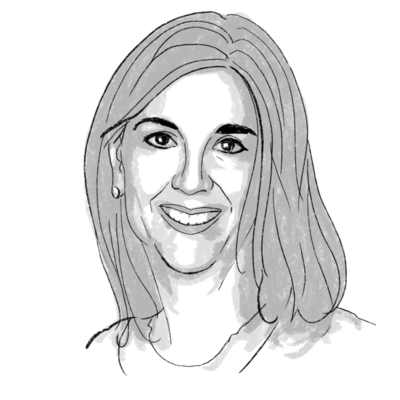Error loading media: File could not be played
00:0000:0000:00
00:00
 April Austin
April Austin
Climate activists have taken their protests into art museums, employing tactics such as gluing themselves to the frames of famous paintings. Last month, two young women from the group Just Stop Oil threw tomato soup on the glass-protected surface of Van Gogh’s “Sunflowers” at London’s National Gallery.
The protesters were arrested and the Van Gogh cleaned, but video of the incident went viral. Public reaction ranged from anger to confusion: Why pick on art?
As the United Nations climate conference known as COP27 swings into high gear this week in Egypt, the rhetoric around climate change is ratcheting up. Activists say they’ve tried everything to get people’s attention, and the planet is still warming at an alarming rate.
By targeting a beloved masterpiece, protesters are tying “the kind of outrage and anxiety we feel when something precious is seen to be under threat” to the destruction of the planet, an organizer for Just Stop Oil told an interviewer.
Many of the protesters are young, and they see their future slipping away.
“The eco anxiety in this generation is real,” says Christina Limpert, an assistant professor at the State University of New York, Syracuse. She’s studied student-led environmental protest movements.
“They’ve tried taking to the streets ... but they can’t seem to break through,” Professor Limpert says, “and we’re a culture where spectacle works.”
But the risk is that audiences may miss the message, distracted by the shock value. They hear young people yelling slogans, and immediately the labels come out: vandals; attention seekers; irresponsible kids. Such spectacles can inflame the divisions that people already feel.
Professor Limpert encourages student activists to look for the middle ground. Not a place where they give up, or stop speaking out, but where there’s room for people to build something together. “What does it mean to be a citizen of the Earth instead of just identifying ourselves by these culture-war identities that get people all worked up?” she asks.
Charting a middle path is slower, she says, but “you have the power of the people around you.”

Our name is about honesty. The Monitor is owned by The Christian Science Church, and we’ve always been transparent about that.
The Church publishes the Monitor because it sees good journalism as vital to progress in the world. Since 1908, we’ve aimed “to injure no man, but to bless all mankind,” as our founder, Mary Baker Eddy, put it.
Here, you’ll find award-winning journalism not driven by commercial influences – a news organization that takes seriously its mission to uplift the world by seeking solutions and finding reasons for credible hope.
Explore values journalism About us